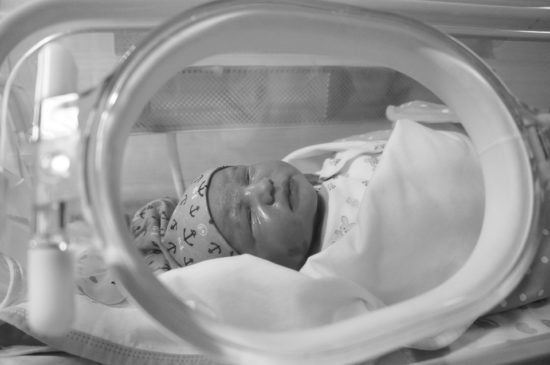Gram-negative neonatal sepsis in low- and lower-middle-income countries and WHO empirical antibiotic recommendations: A systematic review and meta-analysis
Neonatal sepsis is a significant global health issue associated with marked regional disparities in mortality. Antimicrobial resistance (AMR) is a growing concern in Gram-negative organisms, which increasingly predominate in neonatal sepsis, and existing WHO empirical antibiotic recommendations may no longer be appropriate. Previous systematic reviews have been limited to specific low- and middle-income countries. We therefore completed a systematic review and meta-analysis of available data from all low- and lower-middle-income countries (LLMICs) since 2010, with a focus on regional differences in Gram-negative infections and AMR.
Gram-negative bacteria are an important cause of neonatal sepsis in LLMICs and are associated with significant rates of resistance to WHO-recommended first- and second-line empirical antibiotics. AMR surveillance should underpin region-specific empirical treatment recommendations. Meanwhile, a significant global commitment to accessible and effective antimicrobials for neonates is required.
AMR NEWS
Your Biweekly Source for Global AMR Insights!
Stay informed with the essential newsletter that brings together all the latest One Health news on antimicrobial resistance. Delivered straight to your inbox every two weeks, AMR NEWS provides a curated selection of international insights, key publications, and the latest updates in the fight against AMR.
Don’t miss out on staying ahead in the global AMR movement—subscribe now!







